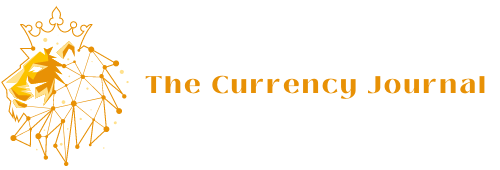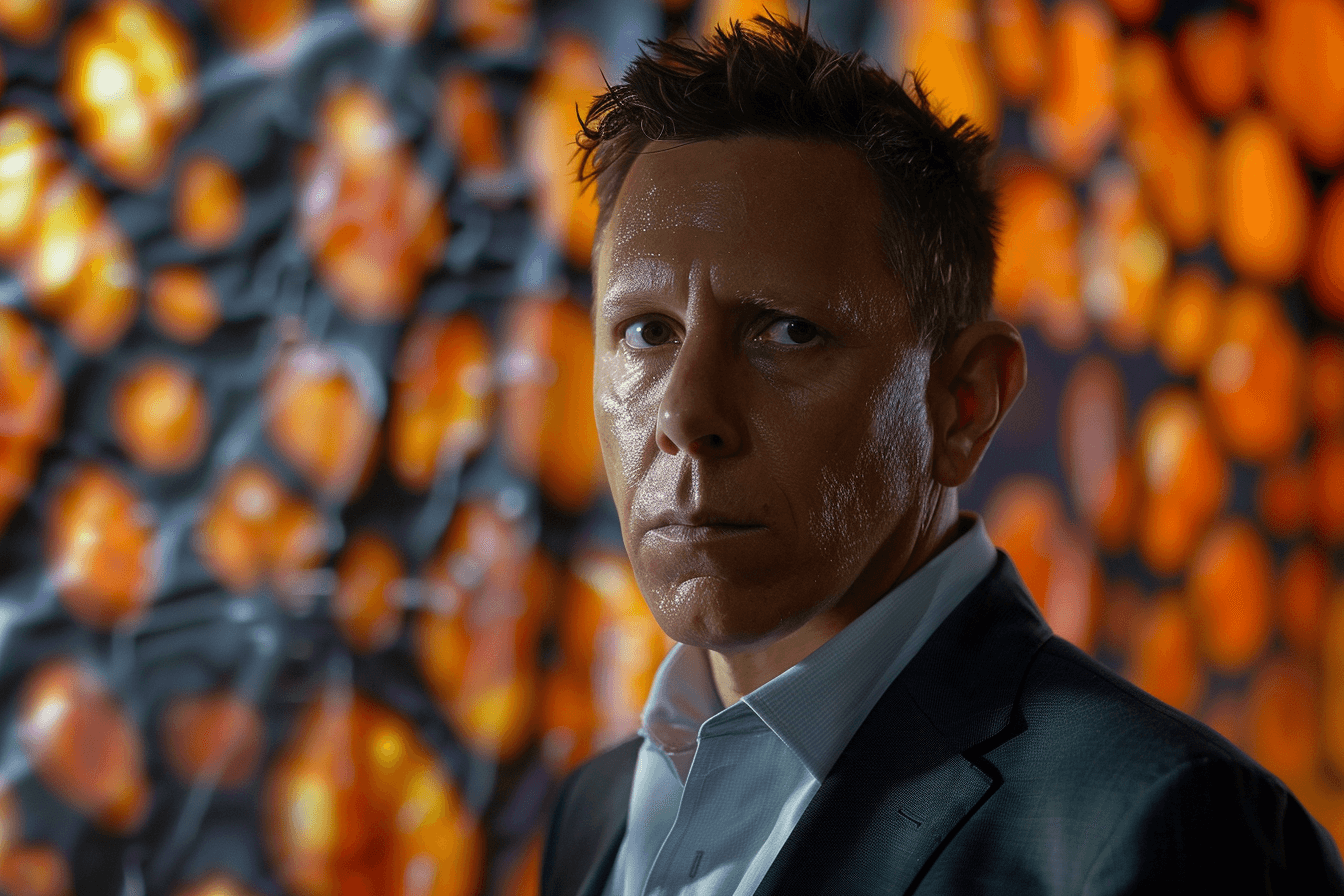Former PayPal CEO Peter Thiel, although previously a fan of bitcoin, is now skeptical about it. At the end of June, during an interview for CNBC, he said that he learned something surprising about cryptocurrency.
Peter Thiel talks about bitcoin
Thiel, although an investor and businessman, has something of an ideologue in him. In his opinion, bitcoin has not fulfilled the promise made by Satoshi Nakamoto. It is not a cypherpunk, crypto-anarchist, and libertarian payment tool. And this vision of currency seemed “wonderful” to him.
The question is, does it really work like that?
– he asked rhetorically. He also added something that sounds downright shocking:
People at the FBI tell me they would rather see criminals use Bitcoin than $100 bills.
Well, bitcoin was supposed to be used to make anonymous transfers. And in this field it works. However, each transaction remains recorded in the blockchain. And then, thanks to specialized tools, it is sometimes possible to track down the sender or recipient. This is dangerous for criminals. An honest user probably has nothing to worry about. Hence, the attitude of the former PayPal CEO is exaggerated…
Thiel was also asked if he had sold his bitcoins.
I still have some… (…) I didn’t buy as much as I should have
– he replied.
He specified that he still holds a “small position” in bitcoin. In his opinion, the cryptocurrency “can probably grow further, but it will be an unstable and bumpy road.”
Profit of approximately USD 2 billion
Peter Thiel made a lot of money in cryptocurrencies. His fund sold the coins in January 2023 after trading BTC for 8 years. As a result, he could boast a profit of USD 1.8 billion.
Thiel has a nose for investments. Together with Elon Musk and Max Levchin, he founded PayPal (he was the company’s CEO). Additionally, he was one of the first people to invest in Facebook.
It is probably not without reason that he mentioned libertarianism. In December 2007, he supported Ron Paul’s candidacy for president of the United States. In 2016, he supported Donald Trump, who later became famous for his free-market reforms.

